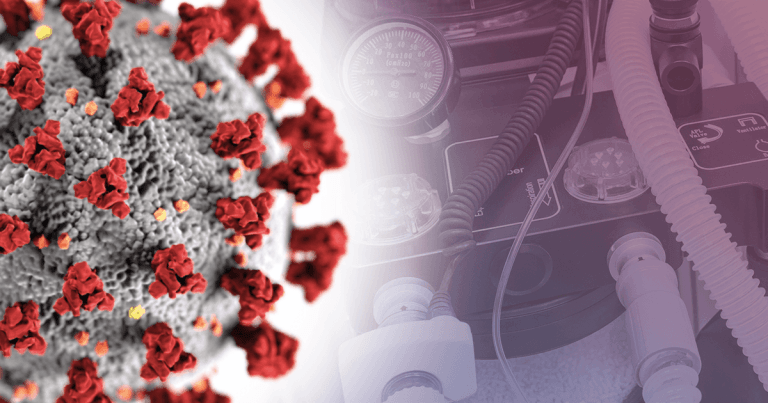23 Mar 2020
Cancel all non-emergency work, try to work from home and stick together are key messages from the association’s president.

Ventilator image: Paul Vinten / Adobe Stock
The BVA has urged practices to critically assess workloads and only see urgent and emergency cases in a bid to halt the spread of COVID-19.
With the virus outbreak showing no signs of slowing down and stricter control measures likely to be enforced, veterinary teams have been given fresh advice on how to deal with the developing situation.
Speaking on a packed webinar hosted by The Webinar Vet yesterday (22 March), BVA president Daniella Dos Santos issued a wide range of advice on behalf of the association.
Key points were:
Dr Dos Santos went to explain some may see conflict and ambiguity between the definition of key workers and a vet or VN’s duty of care to provide 24/7 care.
She added, however, that those veterinary workers claiming such status to carry out routine work were being “disingenuous” and risked bringing the profession into disrepute.
Dr Dos Santos said: “There needs to be a vet available at all times to deal with emergencies – it cannot be justified to say the whole practice team is needed every day to provide the service and claim key worker status.
“We have a duty of care, but those claiming to be key workers and not carrying out essential work should think hard about their decision as we all have a duty to play our part in curbing the spread of the virus.”
Vets working in farm animal production have been given key worker status to ensure the UK’s food supply systems remain functional.
The BVA has also confirmed it is looking for a remote solution to its Canine Health Scheme, with The Kennel Club in a bid to discourage breeding at this time and reduce burden on veterinary infrastructures.
Dr Dos Santos added: “Practices must work together for the coming weeks and months to provide essential veterinary care.
“But it is important to remember we must do so in a way that does not put your own, or anyone else’s, health at risk.”
Meanwhile, the RCVS and other veterinary organisations are working with the Government to coordinate a national inventory of equipment that could be made available to the NHS.
Life-saving kit – such as ventilators, pumps and high-flow cannulas – could all be needed as the NHS battles back against COVID-19.
For more information on the list and details on how to make equipment available, visit bit.ly/33EjPDv